Showering is more than a daily habit—it’s a vital aspect of personal hygiene and self-care. While skipping a day or two may seem harmless, stopping your shower routine altogether can lead to surprising and sometimes shocking consequences. Beyond just body odor, neglecting your skin’s basic cleanliness can set off a cascade of health problems that you probably never imagined.
In this article, we dive into 10 unexpected things that can happen if you stop showering—from skin infections to psychological effects—and why maintaining personal hygiene is essential for both physical and mental well-being.
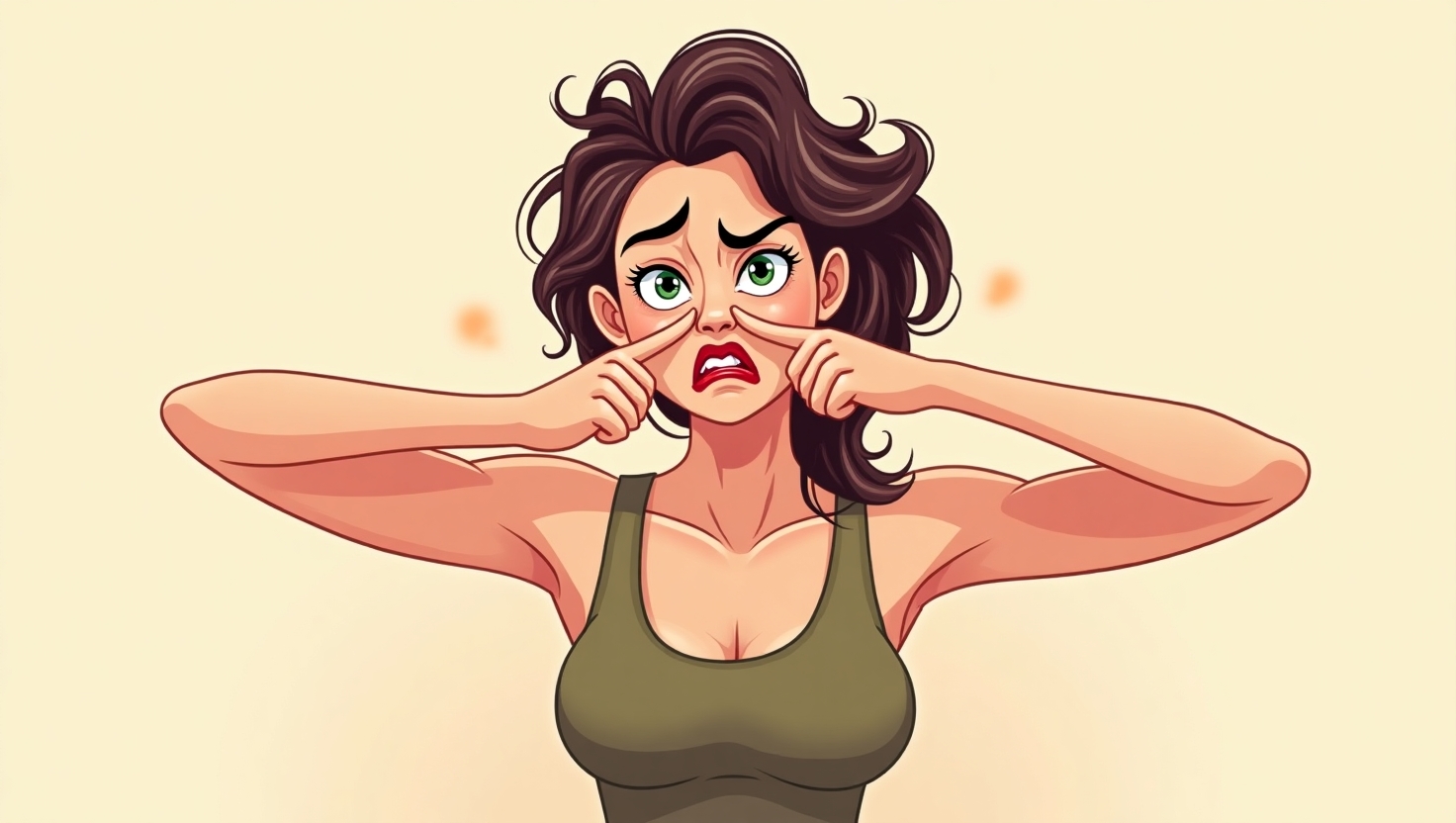
When you stop showering, sweat, sebum (skin oil), and dead skin cells begin to accumulate. The bacteria living on your skin feast on this buildup, producing foul-smelling compounds. The result? An overpowering body odor that even deodorants may not mask. Over time, this odor becomes more pungent as bacteria multiply unchecked.
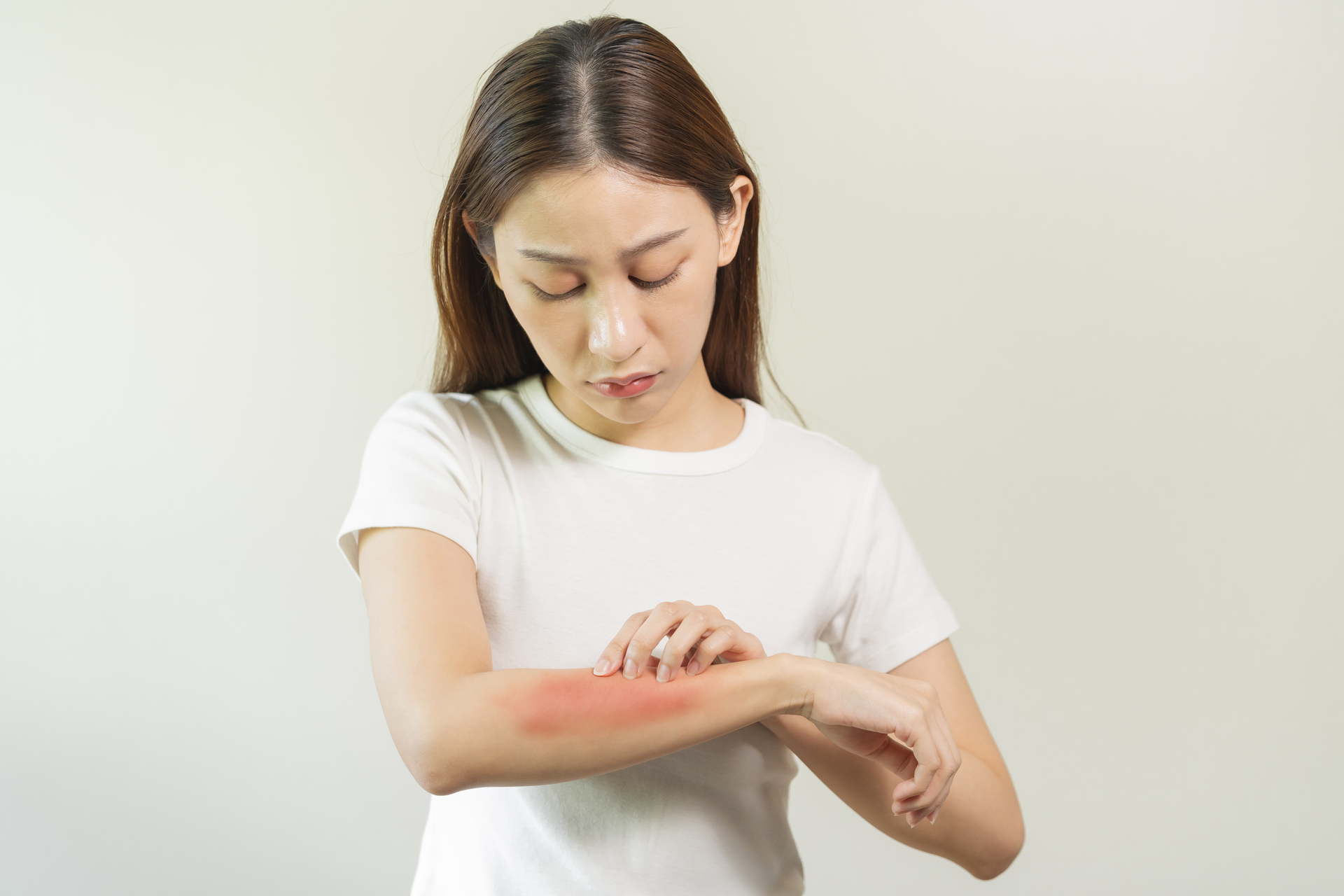
One of the most overlooked risks of skipping showers is skin infection. As dirt, sweat, and oil clog your pores, they create the perfect environment for fungal or bacterial infections, including ringworm, folliculitis, and staph infections. The skin's natural protective barrier weakens, leaving you vulnerable.
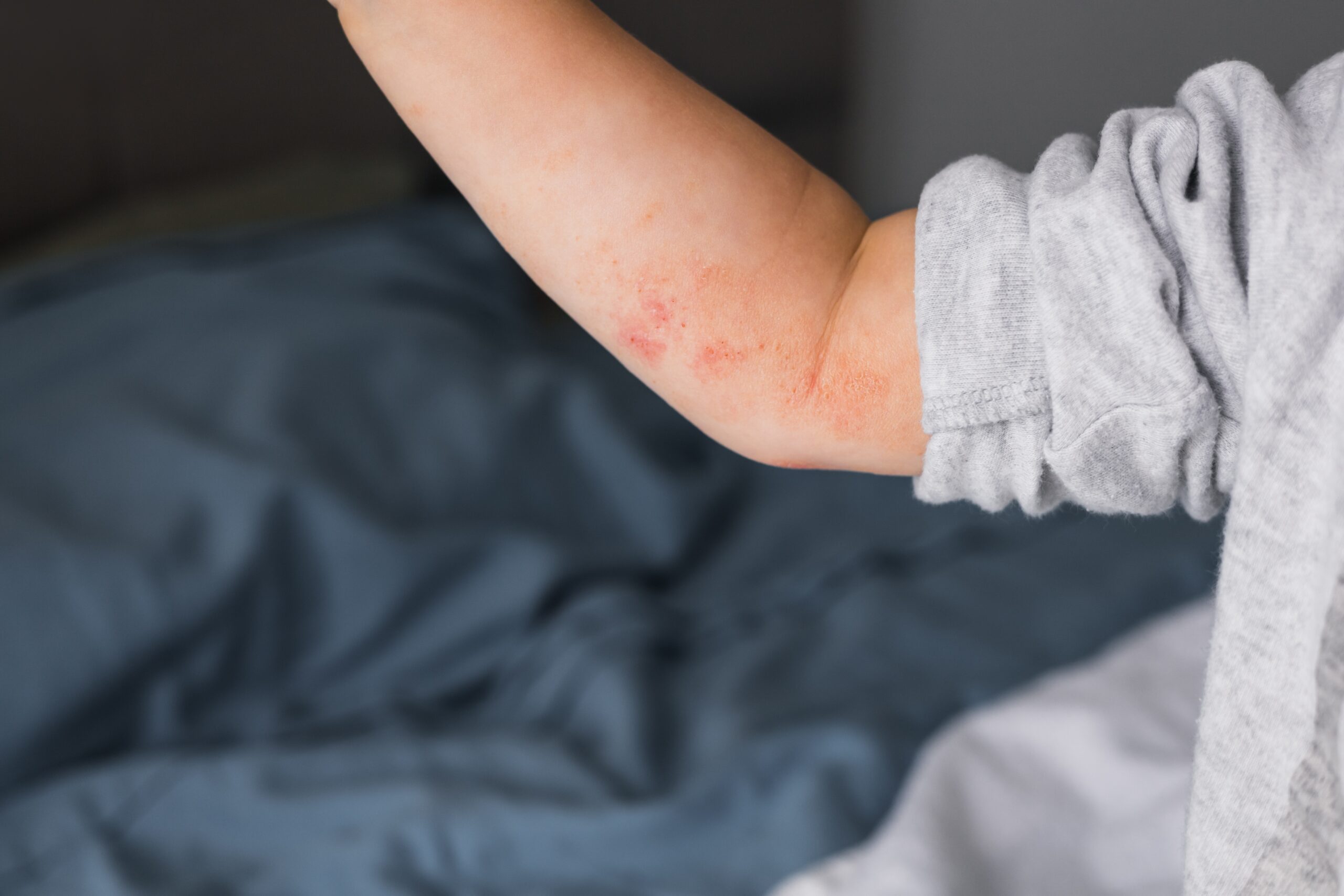
As dead skin cells pile up without regular cleansing, your skin can become dry, flaky, and itchy. This can lead to dermatitis, especially in areas where sweat accumulates—like under the arms, behind the knees, or the groin. Scratching these areas may cause open wounds or rashes that invite infection.
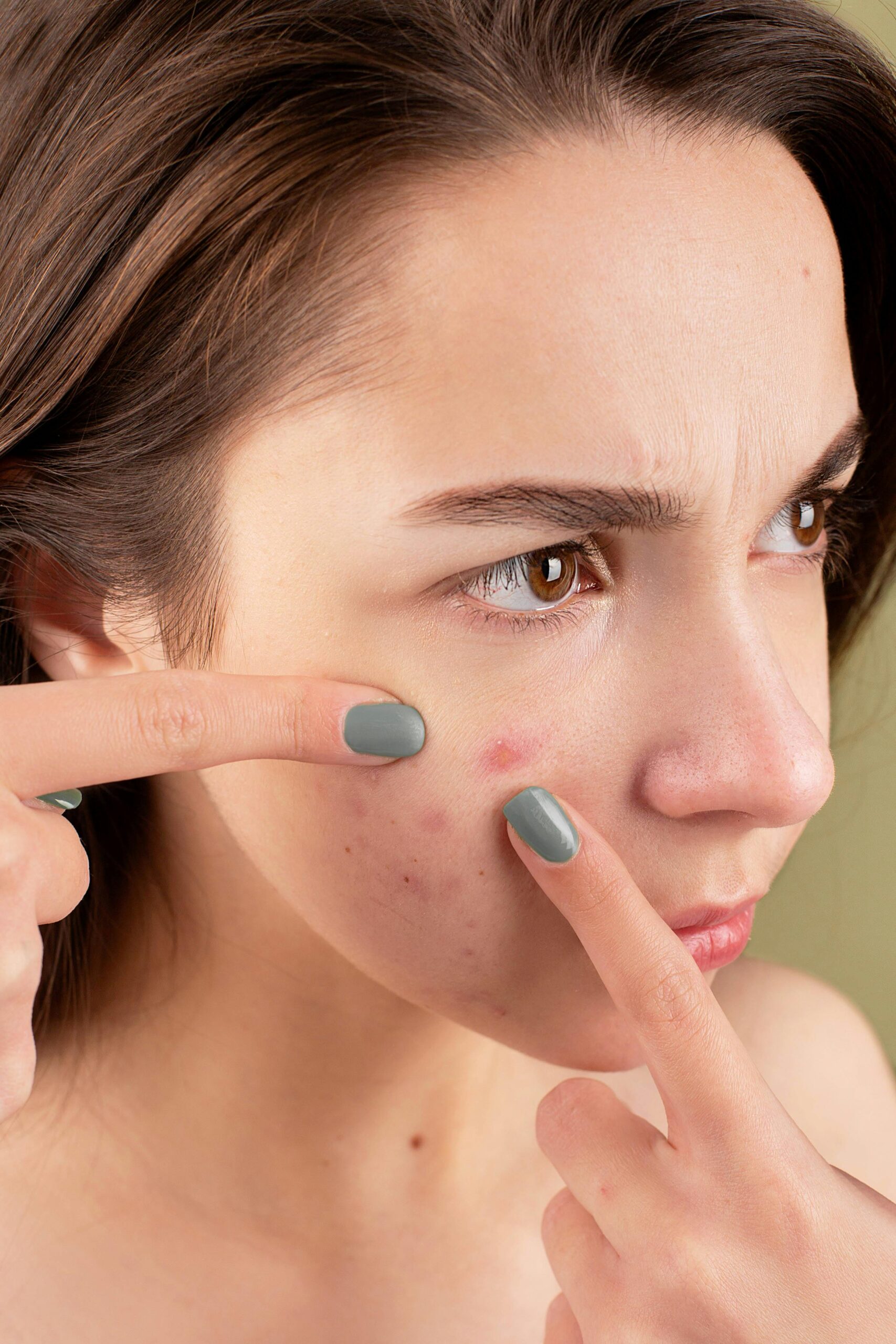
howering helps remove oil, bacteria, and environmental pollutants from your skin. Without it, your pores can become clogged, leading to severe acne and breakouts, especially on your face, chest, and back. Those with oily skin are particularly vulnerable to this issue.
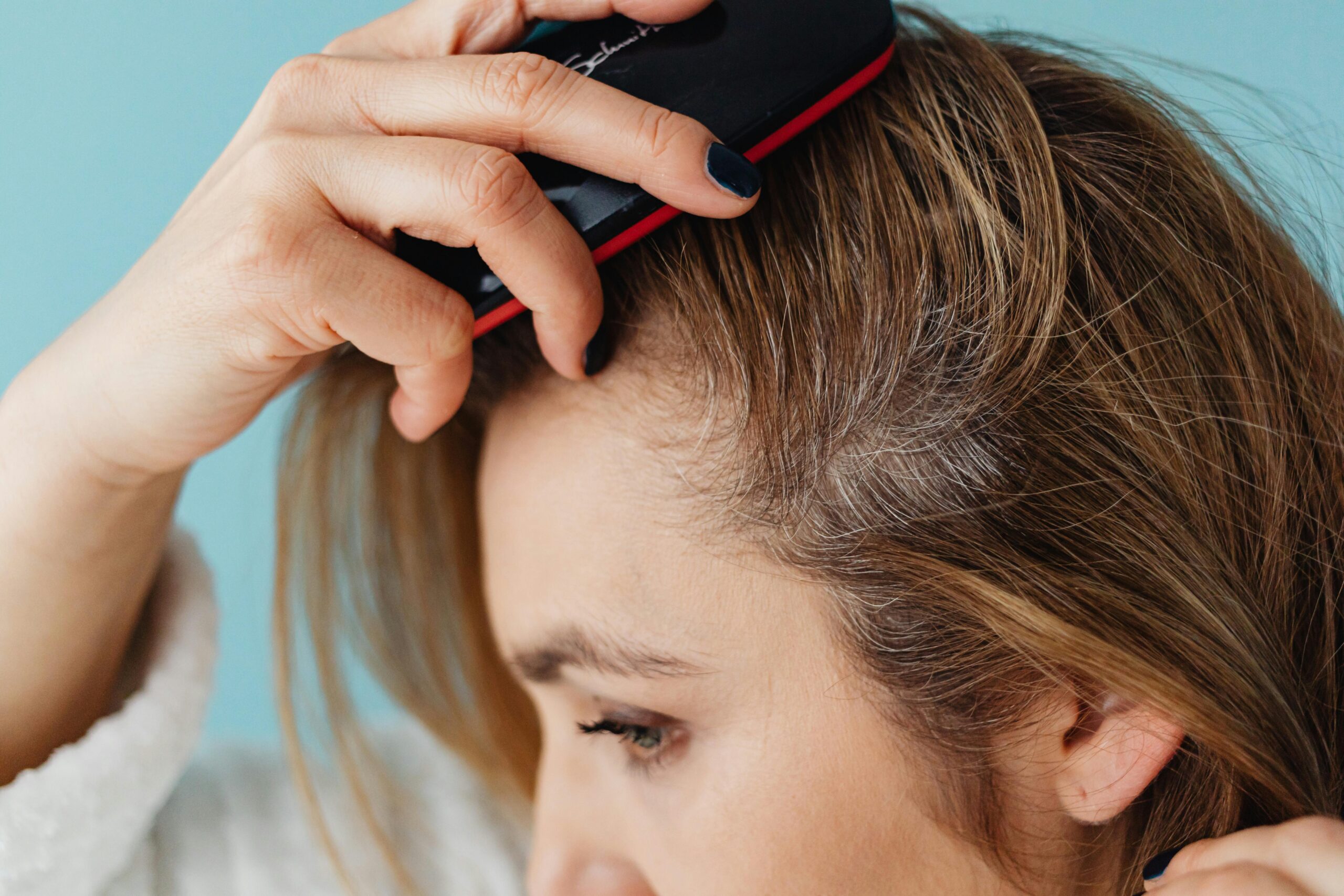
Without regular shampooing, scalp oils and dead skin accumulate, potentially leading to dandruff, itchiness, and even fungal infections like seborrheic dermatitis. In extreme cases, hair follicles may become inflamed, causing hair thinning or loss.
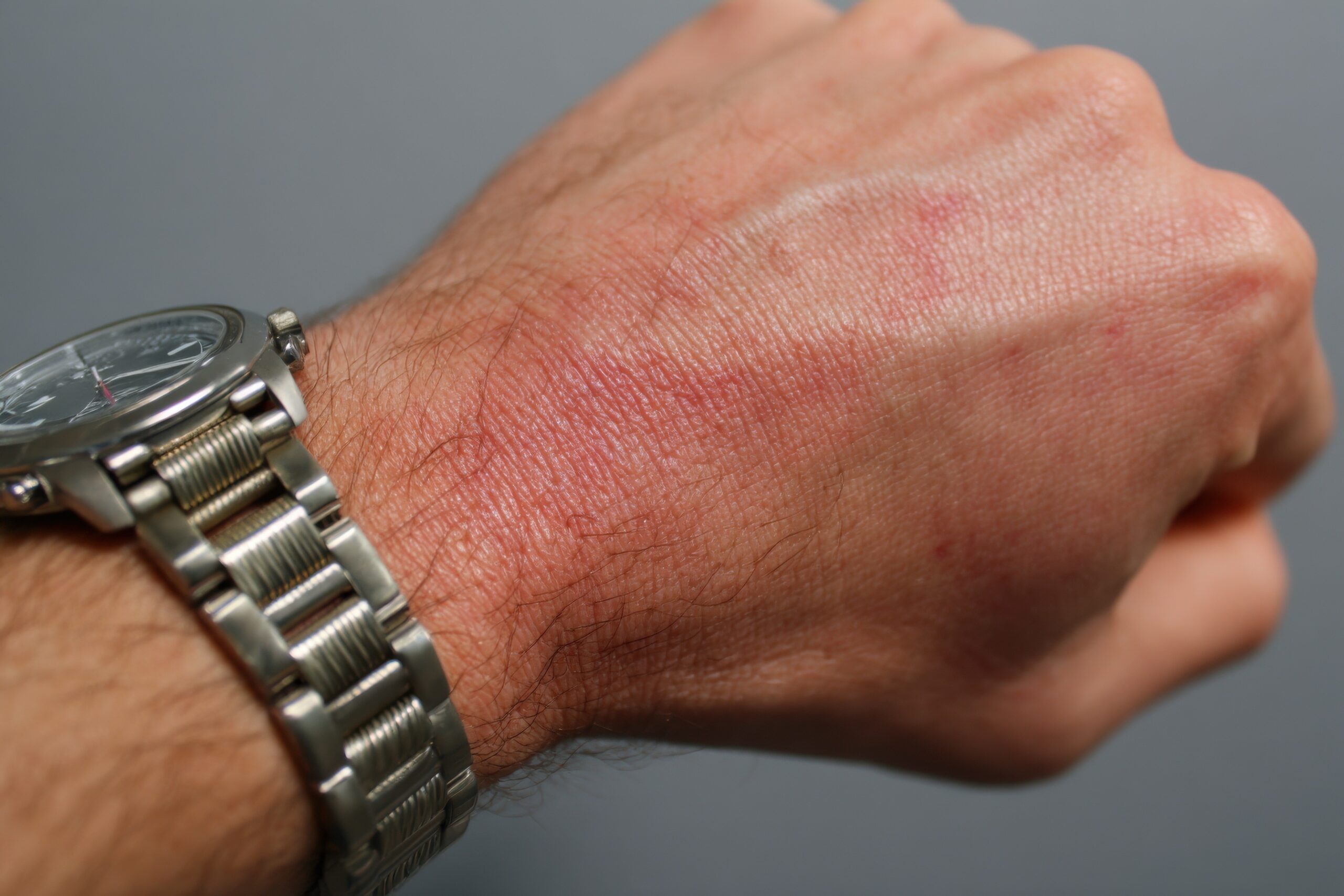
If you avoid showering for weeks or months, you may develop dermatitis neglecta, a condition where dirt, sebum, sweat, and dead cells form crusty patches or plaques on the skin. These patches are often dark, scaly, and can be mistaken for other skin conditions like eczema or psoriasis.
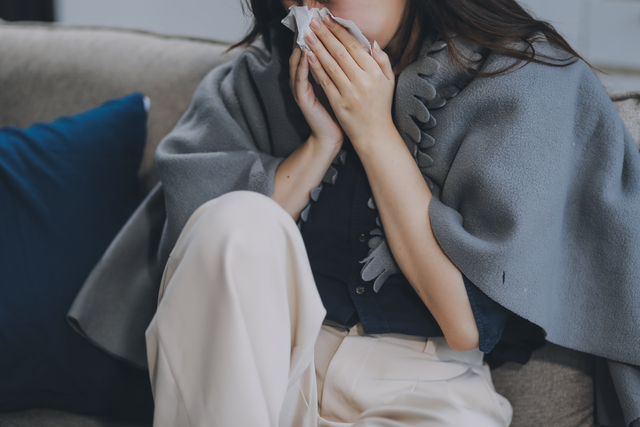
Personal hygiene plays a major role in protecting your immune system. Skipping showers exposes your body to an overload of pathogens that your immune system must constantly fight off. Over time, this increased stress on your immune defenses could make you more prone to infections and illness.

Believe it or not, showering has a psychological benefit too. The act of cleaning oneself can boost mood, reduce stress, and enhance feelings of self-worth. Avoiding this ritual may worsen anxiety, depression, or social withdrawal, especially if body odor and visible grime become evident.

Social isolation often follows neglected personal hygiene. Whether it's friends, family, coworkers, or strangers, people tend to avoid individuals with strong body odor or dirty appearances. This can erode relationships and lower your confidence and social acceptance.






Be First to Comment